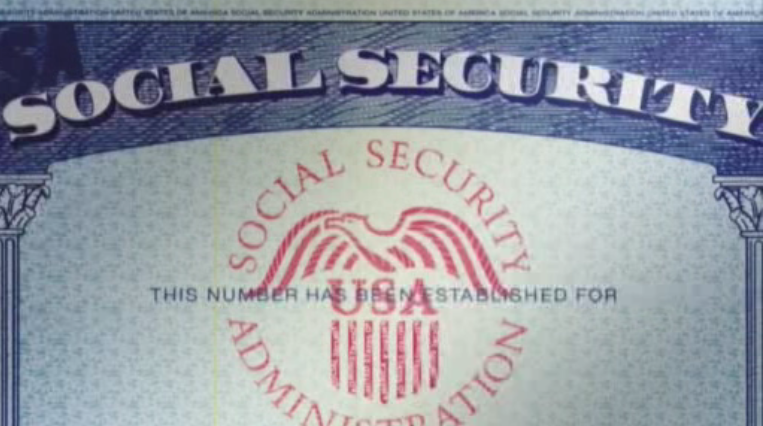Cook County State’s Attorney Kim Foxx is exploring a policy that would direct prosecutors to reject drug and gun charges that stem solely from select routine traffic stops by police. Natalie Martinez has an explanation.
Cook County State’s Attorney Kim Foxx is exploring a policy that would direct prosecutors to reject drug and gun charges that stem solely from select routine traffic stops by police, a move that's being met with criticism from some officials.
Specifically, prosecutors would be encouraged to reject cases that are “solely the product of a non-public safety traffic stop.”
“That’s the kind of steps toward justice that we’ve been urging Kim Foxx to make for years,” Kobi Guillory of the Chicago Alliance Against Racist and Political Repression said.
The news comes as mourners gathered outside of a Chicago Police Board hearing to protest the death of Dexter Reed, who was stopped for a traffic violation in March before he was shot by Chicago police officers on the city’s West Side.
According to the Chicago Sun-Times, Foxx argues that the proposed policy would undercut “dramatic rises in stops that disproportionately target people of color and rarely leads to arrests.”
The decision would rest on whether there was no other probable cause for the stop, according to the proposed policy.
The proposed change is being met with skepticism by some Chicago officials, including 23rd Ward Ald. Silvana Tabares.
Local
“What Kim Foxx is saying in her policy is that ‘we don’t care what traffic code people violate, and we don’t care what po’s find after,’” Tabares said. “Kim Foxx wants to throw out what officers find when they institute a traffic stop.”
Tabares argues that such a policy would grant too broad of protections to those pulled over by police and could have unintended consequences.
Feeling out of the loop? We'll catch you up on the Chicago news you need to know. Sign up for the weekly Chicago Catch-Up newsletter.
“If you don’t wanna get pulled over, just obey the law,” she said. “But Kim Foxx wants to instruct her assistant state’s attorneys to deny charges for crimes that are discovered after a traffic stop. That’s astonishing, because it seeks to dismiss evidence even when the individual traffic stop was lawful.”
Chicago police said that the department is focused on other methods of improving public safety, and is not using traffic stops improperly to look for evidence of other crimes.
“The superintendent has made clear that our efforts to reduce violent crimes do not center around traffic stops,” a spokesperson said. “CPD has seen a significant reduction in traffic stops this year compared to this time last year.”
Illinois Comptroller Susanna Mendoza also criticized the proposed policy.
“The policy will keep illegal guns in the hands of criminal offenders, rather than getting them off the streets,” she said.



